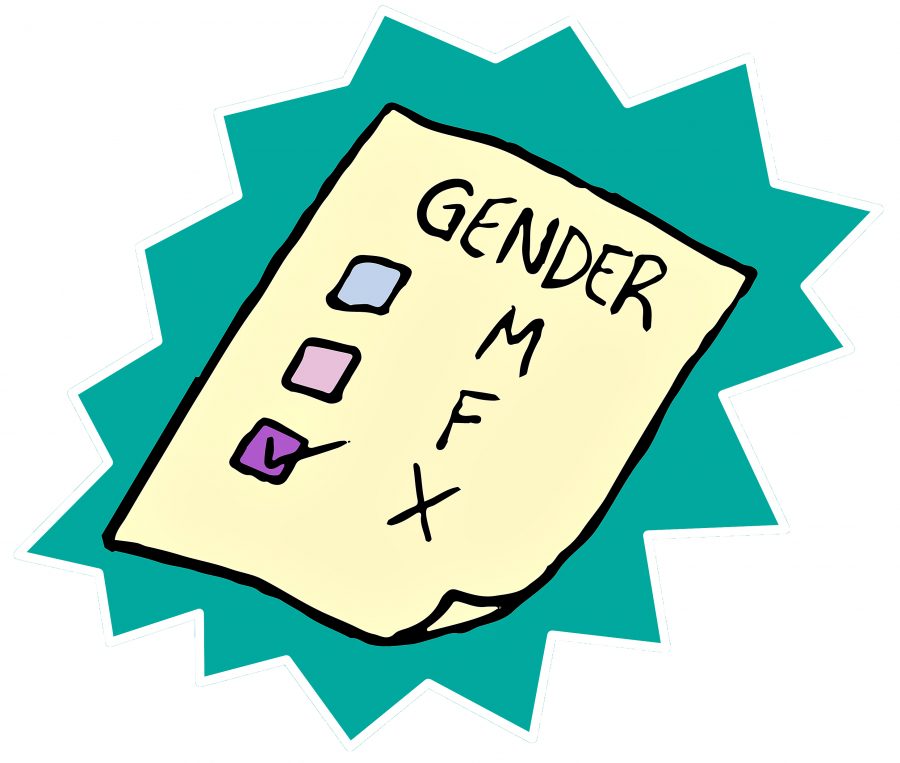Student leaders are calling for the establishment of a non-binary gender code to better represent all students in University records.
This initiative — which would affect student records, transcripts and housing — would require changes in the registrar’s office, particularly in how the office obtains students’ gender identification.
“A non-binary gender code would be the addition of the letter X to the current M (male) and F (female) options that students have on file with the registrar,” said Benjamin Solder, Student Government speaker of the assembly. “This affects every University file from diplomas and transcripts to housing applications.”
The effort started with an attempt to institute gender-inclusive housing so students can indicate which gender identity they prefer rooming with. As those conversations progressed, Solder said he found University housing does not generate its own gender data but pulls it from the registrar’s office.
“There is no non-binary gender code, which would in turn affect the housing policies that we want to see changed,” neuroscience junior Solder said. “There is a clear genderqueer population that is not being served by the University’s policies at the moment, and it is our job as your elected representatives … to advocate for that student population.”
Emily Brehob, a graduate global policy student who identifies as non-binary, said a new gender code could be impactful for herself and the LGBTQ community.
“I personally would feel very validated by that,” Brehob said. “It’s really important for me to find communities that are welcoming and then embrace those communities, rather than depending on the entire UT community to be willing to talk about non-binary genders.”
Conversations about non-binary students are rare on campus, Brehob said.
“Often when we think about representation or acknowledgment of non-binary students, it’s often at a very low level,” Brehob said. “Having it be something official would be really helpful.”
Ann Cvetkovich, the chair of the President’s Ad Hoc Committee on LGBTQ Initiatives, said establishing a non-binary gender code is a priority item for the committee.
“We are trying to meet with administrators who would have the power to make that change,” Cvetkovich said in an email to the Texan.
Cvetkovich said they only have the power to make a recommendation to the UT president, which they have done but have not received a response.
“We are only at the very beginnings of exploring the possibility and have gotten no indication that the University will make this change; we are still just at the stage of asking for change,” Cvetkovich said.
Still, the change is worth making if it increases representation and validation of non-binary students, Brehob said.
“I exist, and we exist,” Brehob said. “This costs very little and makes our lives better and allows us to be adequately and accurately represented in our school … There’s no reason that it shouldn’t be part of the official system.”
Students call for non-binary gender code to increase representation of LGBTQ students
April 19, 2018
More to Discover
Menu
Close Menu
Activate Search
Students call for non-binary gender code to increase representation of LGBTQ students





















